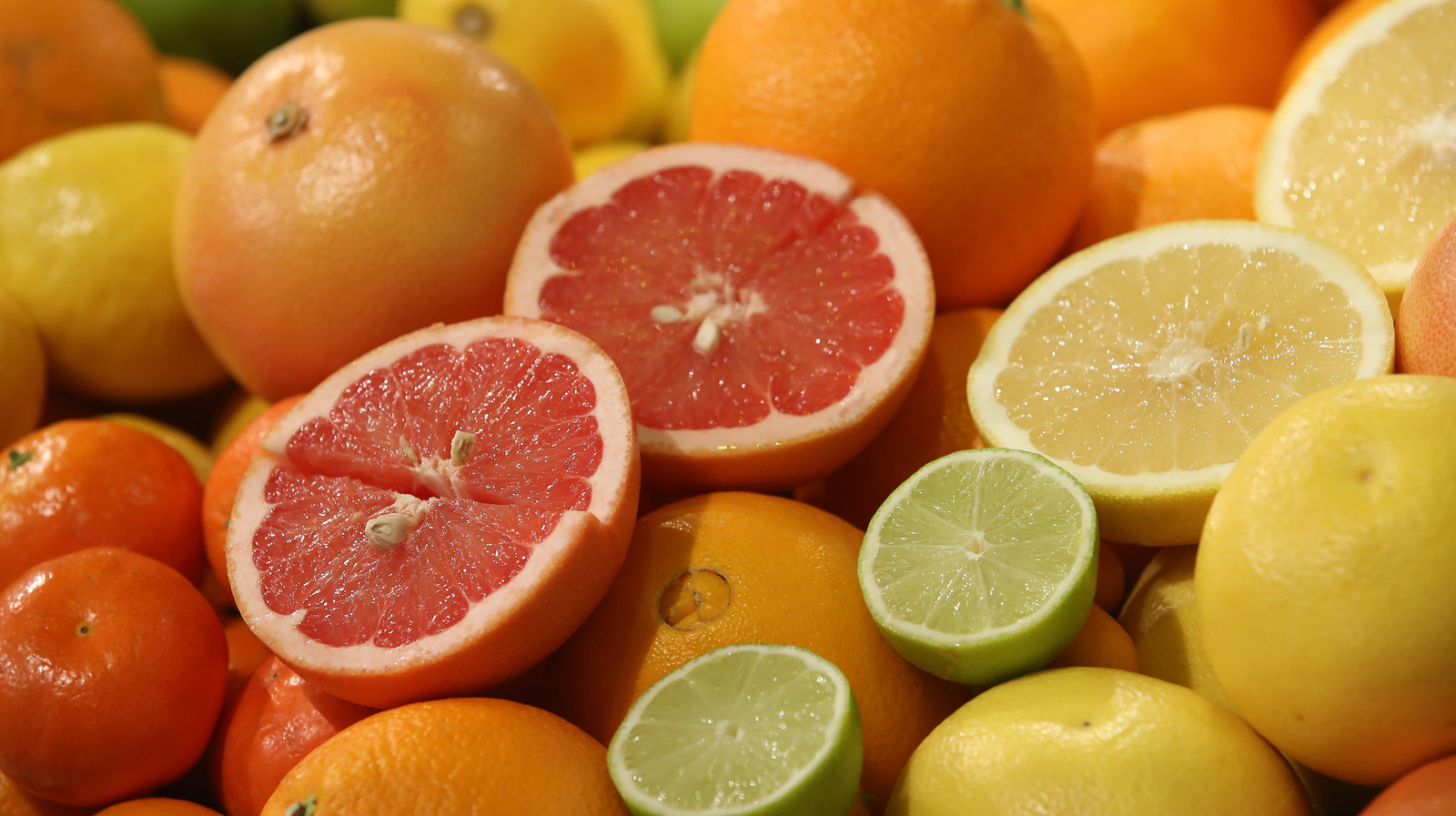We use cookies to improve your online experiences. To learn more and choose your cookies options, please refer to our cookie policy.

After vegetables, fruits take center stage this week.
Our school consumes several kilograms of fruit on a daily basis. Last week, we served 30 kg of apples, 30 kg of oranges, 30 kg of grapefruits, 40 kg of mandarins, 20 kg of kiwis, and 90 kg of bananas. Pineapples and grapes are also frequently included in our offerings during the fall-winter period. Before use, fruits undergo thorough cleaning and quality selection.
For the younger age group, we provide fruits as snacks either in the morning, afternoon, or as part of lunch. To make it easier for them to consume fruits, we prepare them in advance, such as cutting oranges and grapefruits into slices and halving kiwis and bananas.
Our institution also participates in the school fruit program, through which we receive 520 portions of fruit weekly. This helps us ensure that fresh fruit is available for our students in the upper grades during the mid-morning break and after lunch too.
The consumption of fruits naturally has a beneficial effect on our bodies, as they contain vitamins, minerals, antioxidants through their pigments, and their fiber content has a positive impact on our intestinal flora and digestion. However, their energy and carbohydrate content are higher than that of vegetables, so it is necessary to set limits on their consumption.
Consuming 2 portions of fruit per day may be sufficient and contributes to the proper intake of vitamins and minerals. One portion could be considered, for example, a medium-sized apple, orange, 2 mandarins or kiwis, about 2 smaller handfuls of berries (such as blueberries), or one handful of grapes.
The same applies to fruits as it does to vegetables; it is important to consume them seasonally. That is why we are waiting for spring to enjoy strawberries and cherries.
Zsuzsa Szemerey
Operations Manager